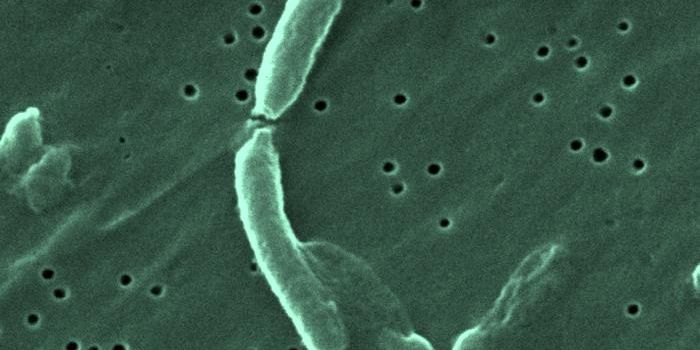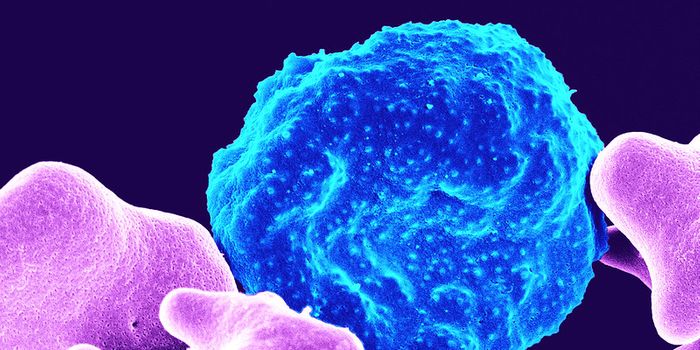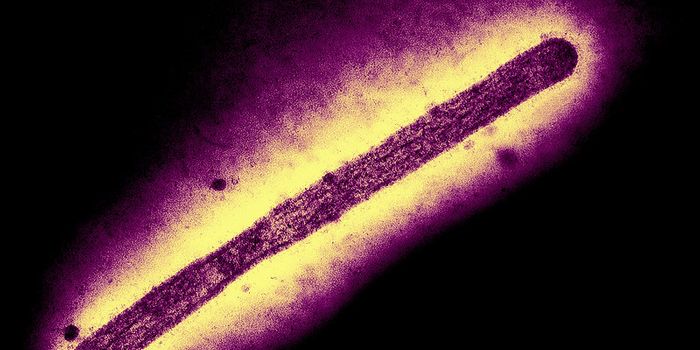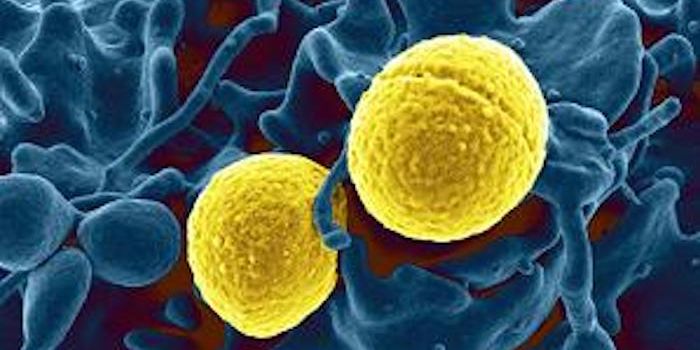Some Microbes Could Help Treat Type 2 Diabetes
The microbial community in our gastrointestinal tract has been shown to have a significant impact on our health and well-being. Researchers are trying to learn more about the effects of specific microbial strains, molecules they produce and metabolize, the genes they express, and how they change our physiology. New research reported in Nature Communications has revealed that several organisms in the gut microbiome could help relieve the effects of type 2 diabetes. As of 2014 the World Health Organization estimated that 8.5 percent of all adults had type 2 diabetes, and this work could be a new and easy way to help treat them.
"Type 2 diabetes is in fact a global pandemic and the number of diagnoses is expected to keep rising over the next decade," said study co-leader Andrey Morgun, associate professor of pharmaceutical sciences in the Oregon State University (OSU) College of Pharmacy. "The so-called 'western diet' - high in saturated fats and refined sugars - is one of the primary factors. But gut bacteria have an important role to play in modulating the effects of diet."
In diabetes, the body stops producing insulin or stops responding to the effects of it. In type 1 diabetes, the cells in the pancreas that produce insulin are lost or never form, and it tends to affect people at a young age. Type 2 diabetes was therefore once known as adult-onset diabetes, because it has more to do with changes in metabolism and the way the body uses insulin to remove glucose from blood sugar. Some people stop generating enough insulin, while in other cases, the body may stop responding to the effect of insulin.
Regardless of the physiology underlying the disease, the end result is that excess sugar builds up in the blood, which can eventually damage organs and could be life-threatening. Obesity is a major risk factor for type 2 diabetes. The disorder has also been connected to changes in the gut microbiome. Dysbiosis, when certain strains in the gut microbiome grow too much or too little, creating an imbalance, is linked to a rapid progression in insulin resistance.
"Some studies suggest dysbiosis is caused by complex changes resulting from interactions of hundreds of different microbes," said study co-leader Natalia Shulzhenko, an associate professor of biomedical sciences in OSU's Carlson College of Veterinary Medicine. "However, our study and other studies suggest that individual members of the microbial community, altered by diet, might have a significant impact on the host."
Using an approach called transkingdom network analysis, the researchers investigated how microbes interacted with their host (a mouse model) when the host was given a western diet. They wanted to know which microbes were causing which physiological effects.
"The analysis pointed to specific microbes that potentially would affect the way a person metabolizes glucose and lipids," explained Morgun. "Even more importantly, it allowed us to make inferences about whether those effects are harmful or beneficial to the host. And we found links between those microbes and obesity."
The work identified four operational taxonomic units (OTUs), which group bacteria based on similarities between gene sequences, in this case that appear to affect glucose metabolism. The bacterial species were: Lactobacillus johnsonii, Lactobacillus gasseri, Romboutsia ilealis, and Ruminococcus gnavus.
"The first two microbes are considered potential 'improvers' to glucose metabolism, the other two potential 'worseners,'" Shulzhenko said. "The overall indication is that individual types of microbes and/or their interactions, and not community-level dysbiosis, are key players in type 2 diabetes."
When mice were fed a western-style diet and given improvers, Lactobacilli changed how the host metabolized glucose and lipids, seemingly improving liver mitochondrial health. Compared to mice fed a western diet that did not get any gut microbes, the mice that got Lactobacilli also had a lower fat mass index.
These results were similar to a human study that was previously performed, noted the researchers. People that carried more improvers had a healthier BMI while carriers of more worseners had less healthy BMIs.
"We found R. ilealis to be present in more than 80 percent of obese patients, suggesting the microbe could be a prevalent pathobiont in overweight people," Shulzhenko said. Pathobionts are in a symbiotic relationship with their host that has the potential to cause disease in certain situations.
"Altogether, our observations support what we saw in the western diet-fed mice," she added. "And in looking at all of the metabolites, we found a few that explain a big part of probiotic effects caused by Lactobacilli treatments."
There are hundreds of microbial members of the Lactobacillus genus. Many are marketed as probiotics and can often be found in foods like yogurt.
"Our study reveals potential probiotic strains for treatment of type 2 diabetes and obesity as well as insights into the mechanisms of their action," Morgun said. "That means an opportunity to develop targeted therapies rather than attempting to restore 'healthy' microbiota in general."
Sources: AAAS/Eurekalert! via Oregon State University, Nature Communications









